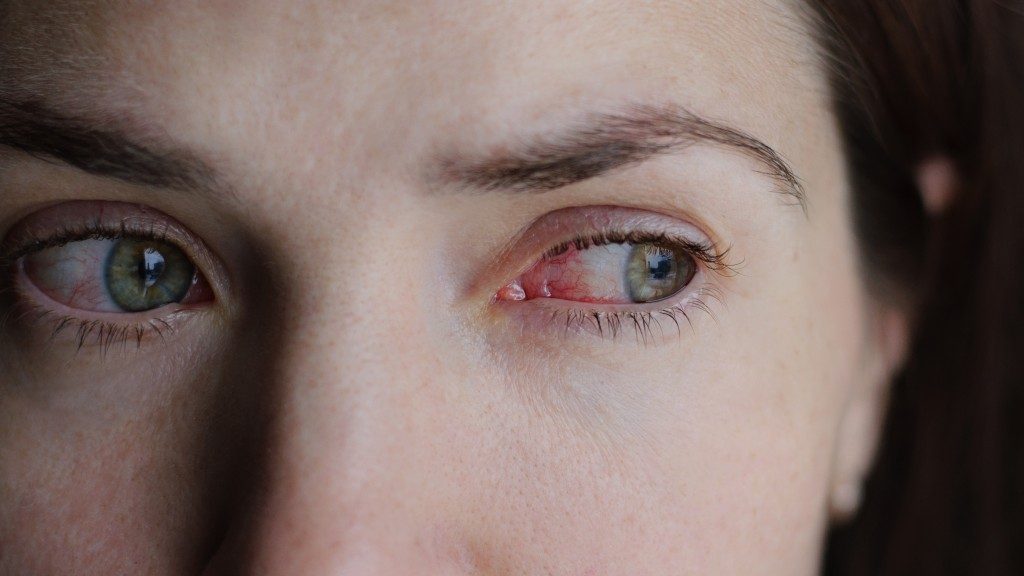Conjunctivitis, also commonly called “pink eye” is basically inflammation or infection in the eyeball’s outer membrane or conjunctiva. When this occurs, your conjunctiva becomes inflamed, giving the affected eye a pink or reddish color, which is the most common hallmarks of conjunctivitis.
Why Do People Get Pink Eye?
Many things can cause pink eye. These include:
1. Bacteria or viruses
Bacterial conjunctivitis is usually caused by the exact kind of bacteria related to staph infections and strep throat. Viruses responsible for causing common colds, on the other hand, typically cause viral conjunctivitis. Regardless of the cause, however, both bacterial and viral conjunctivitis is highly contagious and could spread easily from one individual to another by hand contact.
2. Allergies
Various allergens, most usually pollen, could cause conjunctivitis in one or both eyes. This is due to the fact that they trigger the body to produce histamines that in turn, cause inflammation, which is your body’s response to fighting off what it believes to be an infection.
3. Certain chemicals
You have to practice caution when a chemical or foreign substance comes in contact with your eyes. Chlorine, which is a chemical used for cleaning swimming pools, can easily cause pink eye. To prevent this from happening, wear goggles when going underwater or wash your eyes with tap water right after swimming.
How Do I Know If I Have Pink Eye?
Because viral or bacterial pink eye is extremely contagious, it is very crucial that you observe your symptoms because you can easily pass it along to other people for up to two weeks following the onset of your symptoms. Discuss treatment options with your primary care doctor in West Jordan if you experience these warning signs:
- A reddish or pink tinged eye
- A gritty sensation in the affected eye
- Abnormal itchiness
- Excess production of tears
- Thick or watery discharge from the affected eye
How Can You Prevent Pink Eye?
Don’t rub your eyes. Don’t touch your eyes and always wash your hands, especially when you’ve been out and about. Use clean and soft towels and tissues for wiping your eyes and face. You should also get in the habit of changing your pillowcases more regularly. If you wear contact lenses and your doctor suspects that it might be contributing to your conjunctivitis, you might need to switch contacts. Your doctor might also recommend that you stop wearing them until your eyes recover, or replace, or clean your contacts more frequently. Refrain from wearing decorative or ill-fitting contacts to reduce your risk of developing pink eye again.
How Can You Prevent Pink Eye from Spreading?

If you have conjunctivitis, help keep everyone around you free from pink eye by cleaning your hands frequently and not sharing washcloths or towels with them. If you wear contacts, follow your doctor’s recommendations. Make sure to change your washcloths and towels every day until you’re fully healed. In the event that your kid has pink eye, don’t let him or her go to school or the playground for a day or two after you’ve started treatment to avoid spreading the infection to others.
